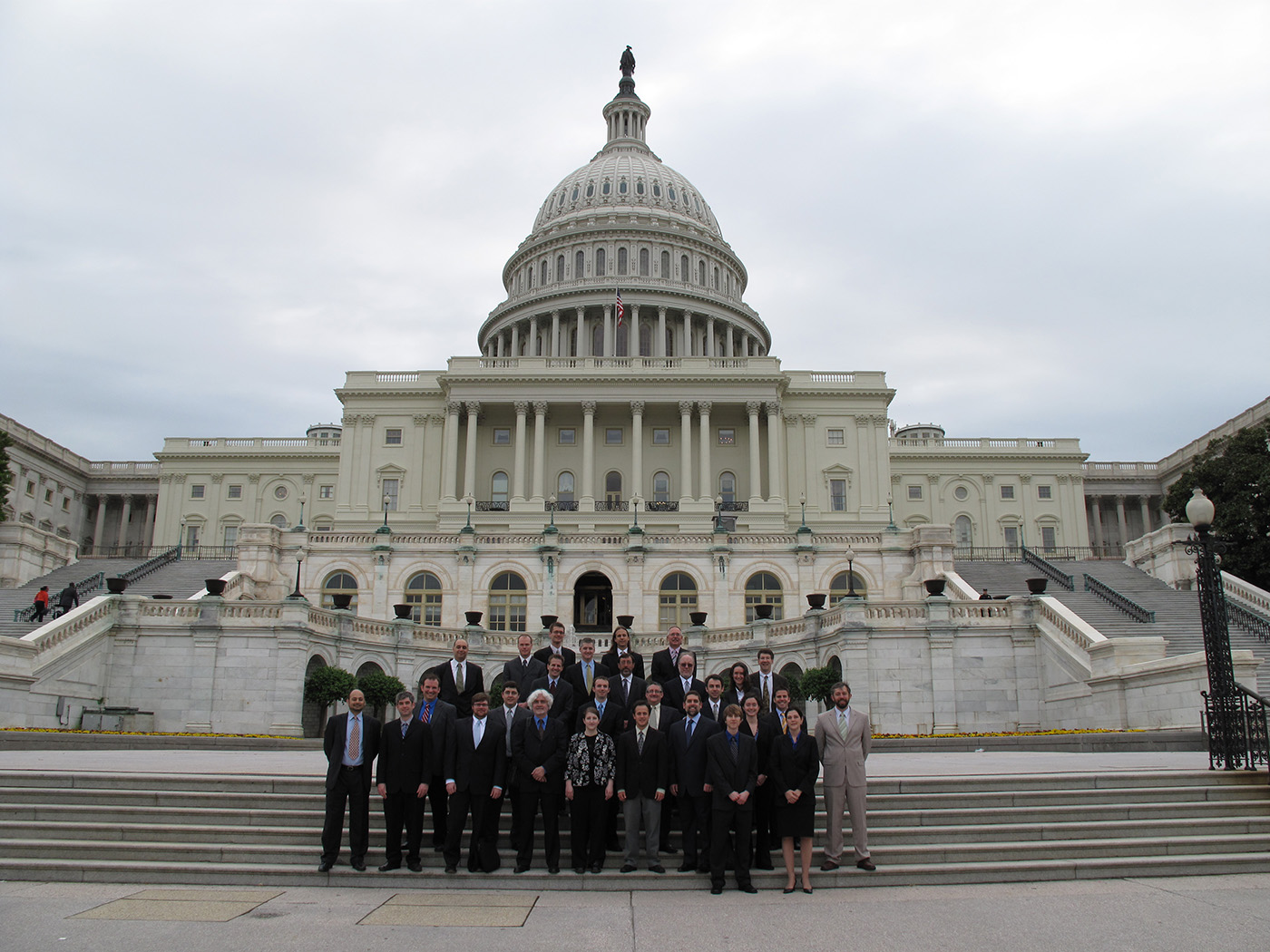It’s been a remarkable week. First, I got back into my research at full speed and it felt **great**. Second, the reality of the President’s FY06 budget proposal has hit home. While the U.S. particle physics community, especially the national lab programs, is vigorously discussing the implications, some consequences have already become clear.
I think that my friends at “Fermilab”:http://www.fnal.gov are going through the most visible discussion right now. I was pointed to a “Fermilab Today article”:http://www.fnal.gov/pub/news05/2005_Budget_qa.html by a SLAC colleague, and it details the all-hands meeting the FNAL director gave yesterday, as well as Q&A at the end.
Fermilab is talking about staff reductions. They’ve already suffered the cancellation of the BTeV project. As the director, Mike Witherell, notes the focus of the lab’s physics research future is narrowing, along with the whole U.S. field, to neutrinos. I have a lot at stake in the health of neutrino physics research in the U.S.; my own developing career is tied to a proposed project. However, I see the point that this raised in the all-hands meeting. Where once a vibrant U.S. community of particle physicists participated broadly in a large number of topics – electroweak physics, QCD, large-scale nuclear physics, heavy and light quark physics – the discussions in the community, which trickle up into the decisions made by our guiding bodies (HEPAP and the P5), seem to be narrowing to neutrinos.
Ironically, if you look at the major discoveries in our understanding of the neutrino, the last two decades has premiered the dominance of Japan and Europe in this topic. While the neutrino was discovered by U.S. physicists, illumination of its deepest properties came from experiments like Super-Kamiokande. It seems the U.S. is trying to reassert itself in this field, and while I believe it is a rich and rewarding topic I worry that we’re going to hemorrage expertise in other topics to Europe and Asia. I welcome international collaboration, but I fear that the U.S. physics community will feel like rats on a sinking, burning ship.
The President and the Congress make a lot of very difficult decisions. Some of them landed us in the budget shortfall that we now face. To make up for that, it seems we’re taking chunks out of programs which make America worth defending. The largest cuts in the present FY06 proposal appear to be in Education. Many other departments, including the Department of Energy, are also trimming. While some targeted programs have fared well this year the broad vision of U.S. leadership in science is being sacrificed. I hope that the tough decisions that our leaders now make, tempered with the advice of the People, are not based on the kind of short-sightedness that seemed prolific in American government as this century began.
What the government needs to remember is that sometimes you have to go into debt to make a statement. California did this with stem cell research. If I look at our national budget, I see a statement that seems a bit misguided: the war above all else, because we’ll make it up from cuts in social programs, education and science.



